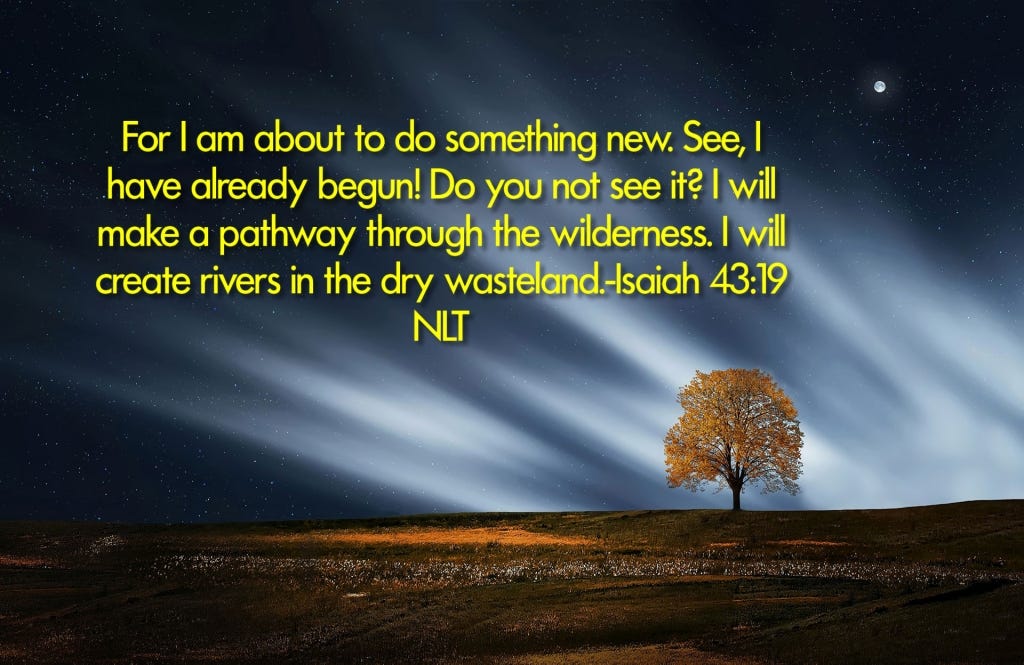Day 14: The Power of Fear
#RethinkChurch is doing a 22-day journey for self-reflection based on John Wesley’s 22 questions. I am composing short blog posts addressing each question. I am using these posts to encourage Christians, especially Progressive and Mainline Christians to reflect deeply on what it means to be Church in a world marred by oppression and violence.
Day 14: Do I insist upon doing something about which my conscience is uneasy?
The language of this question stands out, “do I insist upon doing something about which my conscience is uneasy” because it often feels like if we have to go against our conscience, it is because we feel we have no choice. And in some circumstances, I do believe that is the case. When your life is on the line, or you find yourself in horrific circumstances, one of the first things to fade is the insistence that morality is always black and white.
But in most cases, I believe that we humans are great at self-justifying our actions. I think it is fascinating that we like to believe that we are in control of our destiny. The whole notion of the “self-made man/woman” is the belief that individuals, if they try hard enough can be successful.
The myth of “pulling oneself up by the bootstraps” makes a similar claim: that no matter our individual circumstances, we can rise above it and become respectable, successful members of society. Those who cannot do so, for whatever reasons, are perceived as weak, and not as fighting against structural barriers that can make meeting society’s definition of success in possible.
Yet, at the same time, while extolling the “self-made man/woman” there is also a tendency to justify our own actions when we act in ways that go against our conscience. I mean, we expect other people to always behave in morally upstanding ways and we refuse to accept any excuses when they fail, but suddenly when it comes to our own behavior, we plead for understanding and leniency.
Or we claim that our actions are for the greater good. This is something that occurs a lot on the institutional level. Institutions often view their existence as part of the greater good, as a result anyone that is viewed as threatening to the greater good is forced out.
I think specifically about Mainline churches, which have been in steep decline for years if not more. The Mainline church is not dead, although every few months a new article seems to come out eulogizing the church, but the Mainline church in general is grappling with how to remain relevant in the face of debates over affirming the humanity of the LGBTQ+ community, with the secularization of the west and the expansion of predominantly Evangelical forms of Christianity in Africa and parts of Latin America, with economic uncertainty etc.
How specific denominations, congregations, and leaders have responded to these challenges have varied. Some of us view this time period as an opportunity to radically rethink and redo how we do church. Challenges aren’t minimized but instead of being viewed as signifying the death throes of Mainline Christianity, some have insisted that God is doing something new and we simply need to pay attention and intentionally participate in God’s work.\
Others of us, however, have responded by doubling down on the status quo and idealizing the past. Many mainline congregations often refer fondly to the 1950s, when many Mainline congregations were booming. Forget the fact that the 1950s were horrific for large segments of the American population, some mainliners seek to go back to that time where the church was full.
This nostalgia for an idealized past, plus fear of the future leads us to resist making changes and to act in ways contrary to the gospel. We know this behavior is wrong behavior is wrong, but we have decided that the survival of this particular institution in the form that we cherish, is all that matters. This desire to protect a dying institution leads to congregations driving out pastors seeking to create change, to refusing to allow LGBTQ+ members to fully participate in the church, to refusing to deal with racism and injustice.
I firmly believe that when we behave in ways that drive out those seeking to ensure that mainline congregations are more inclusive and welcoming to society’s “other,” we are fully aware that we are behaving in ways contrary to the gospel, but because we are so confident that our larger mission is righteous that we tell ourselves the ends justify the means. However, such short sightedness is in fact contributing to the demise of the very institution we claim to love.
Instead we need to learn to see and embrace the new things God is doing.
Day 1: Illusions of Perfection
Day 2: The Dangers of Embellishment
Day 3: Loose Lips Sink Ships or Silence Kills?
Day 5: The Oppression of Professionalism
Day 6: Mental Illness and Distorted Thinking
Day 8: Making Sense of the Bible
Day 9: Praying to Cosmic Santa Clause
Day 10: The Importance of Talking…and Listening
Day 11: The Necessity of Economic Justice



